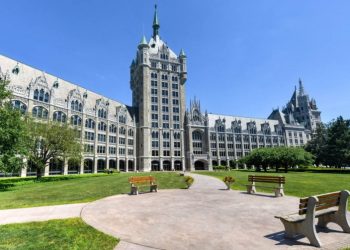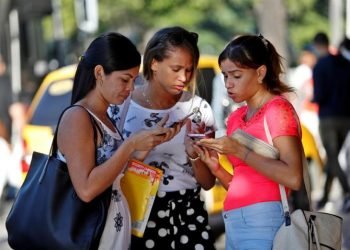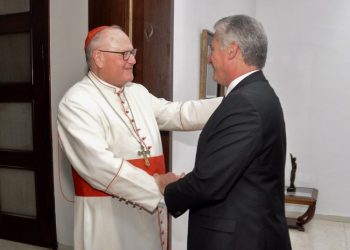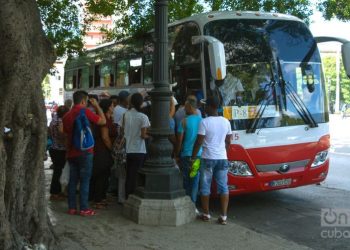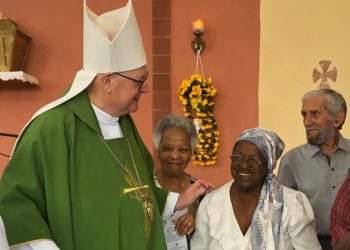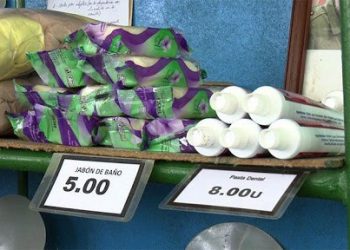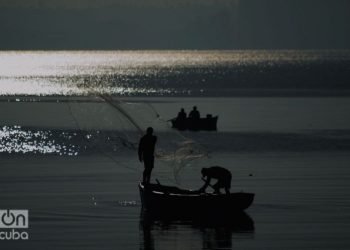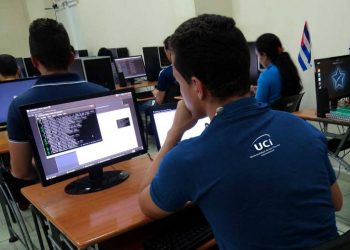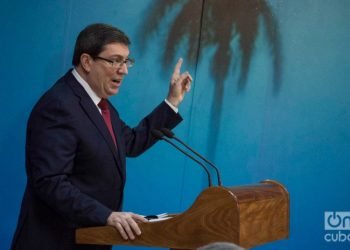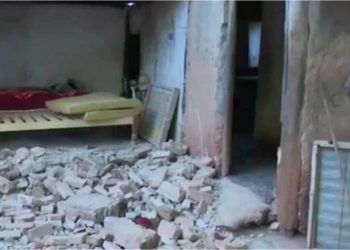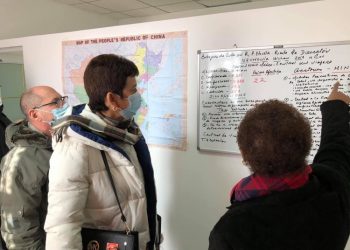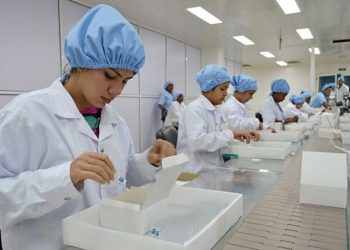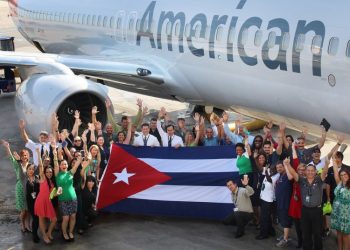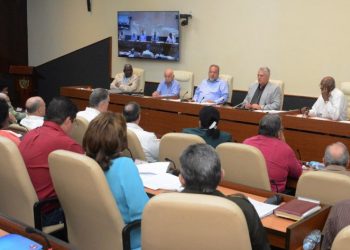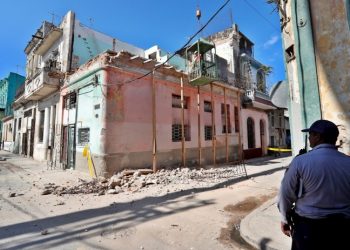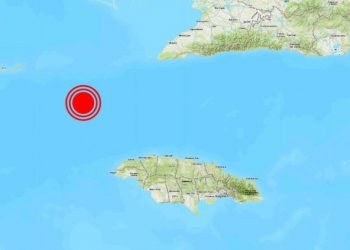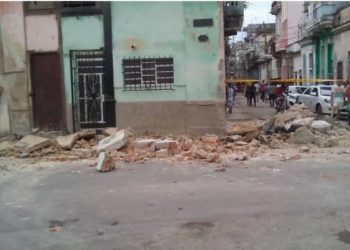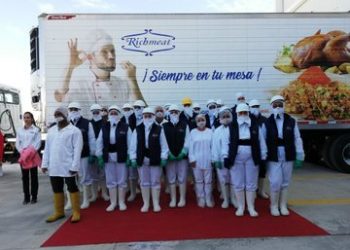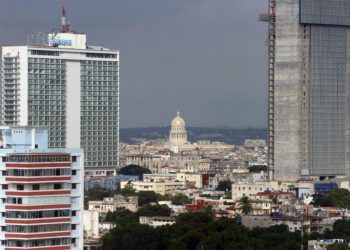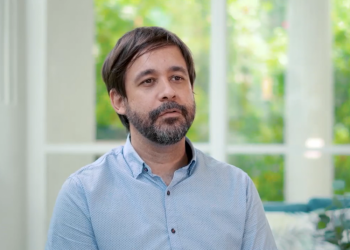New York University signs memorandum with Cuban Ministry of Higher Education
The State University of New York (SUNY) and the Cuban Ministry of Higher Education (MES) signed a memorandum of understanding in the context of the Universidad 2020 International Congress, which just took place in Havana. The agreement “will provide new opportunities for students from both countries,” reported the Agencia Cubana de Noticias (ACN) news agency, which specified that, as part of the agreement, “exchanges will be carried out in the system of universities, such as short courses, internships, doctoral grants, masters, and lectures by academicians.” Sally Crimmins, associate vice rector of the SUNY Office of Global Affairs and who signed the memorandum for the U.S. institution, said that the universities have a “huge responsibility” in the formation of future leaders, so that they understand “the importance of relations between Cuba and the United States and work towards rapprochement.” She explained that her university's links with the MES began in 2016, during the “thaw” between Cuba and the United States, “in a climate of great optimism,” and said that the work done since then “has been very enriching.” She also recalled that at the moment there are about 13 cooperation agreements with academic entities on the island, despite the rollback in...


